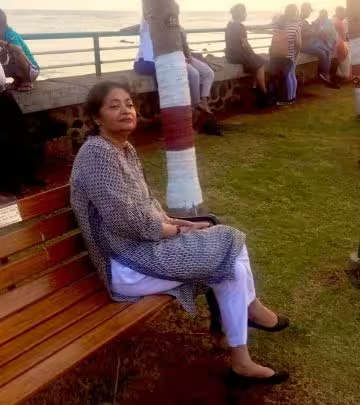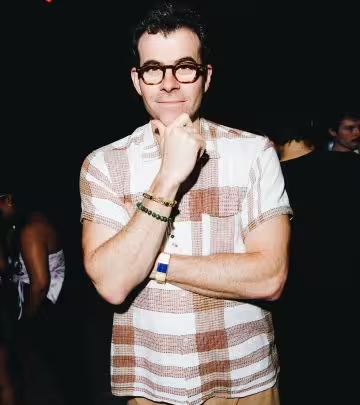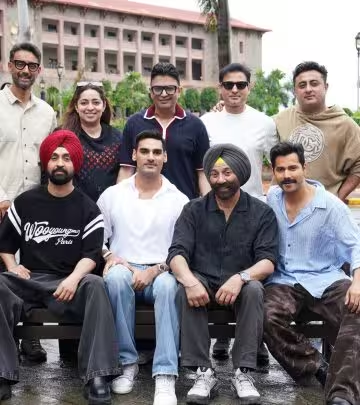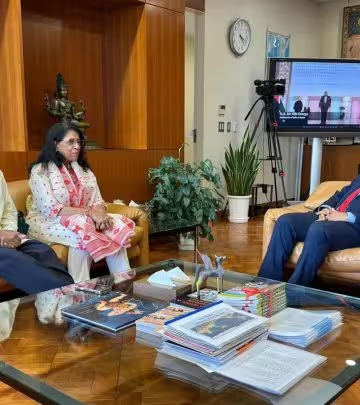Privacy Violation at Gurugram Hotel
American guests claim a hotel visitor filmed them sunbathing, sparking privacy concerns!!
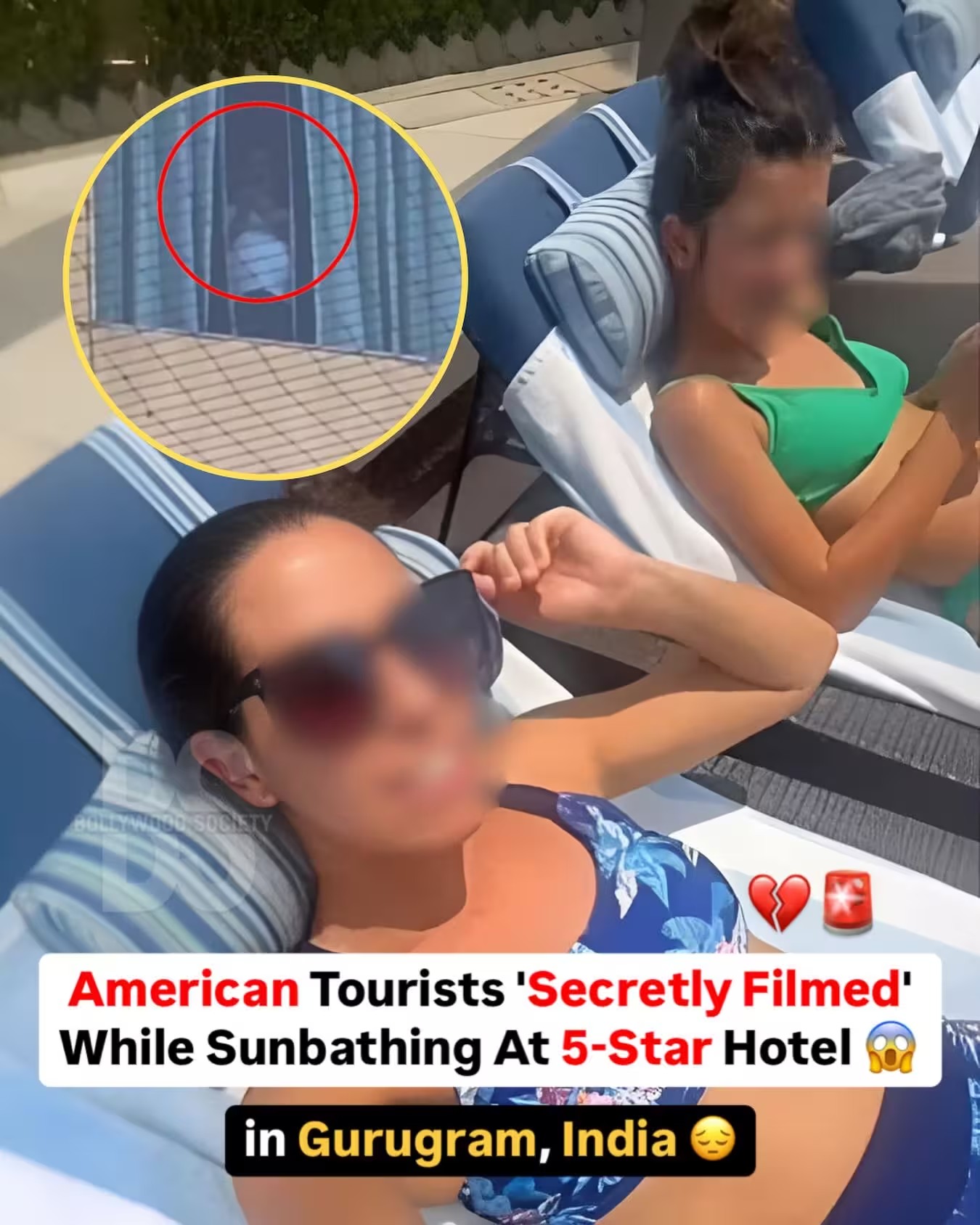
Image: Instagram
A recent incident at the Courtyard by Marriott in Gurugram Downtown has sparked a serious conversation about the safety and privacy of foreign visitors in India. Several American women staying at the hotel have come forward with allegations that a man secretly filmed them while they were sunbathing on the hotel premises. The disturbing act was brought to light after a video surfaced on social media, amplifying concerns about guest security within the property.
Incident Details
According to reports by the Free Press Journal, the unsettling situation unfolded amid a relaxed day by the pool where the guests were enjoying some leisure time. The video, which quickly circulated online, depicts the scenario where a male visitor is seen covertly recording the women as they sunbathe. The victims, all American nationals, voiced their distress and demanded accountability for what they describe as a violation of their privacy. This incident has not only raised eyebrows among hotel patrons but has also drawn attention from the broader community regarding hotel security measures and respect for personal space.
Guests at the hotel say they were shocked and dismayed upon learning that someone had used their private moments as fodder for an unsolicited video. The timing of the occurrence and its subsequent exposure have led many to question the effectiveness of the hotel’s monitoring systems and the enforcement of privacy protocols, especially in an establishment catering to international clientele.
Hotel Response & Safety Concerns
While there has been no official comment from the management of Courtyard by Marriott regarding the incident, industry experts note that such actions reflect deeper security lapses. In an era when digital devices are ubiquitous, the potential for misuse in public spaces – even within hotel confines – poses both ethical and legal challenges. In response, some security consultants have urged the hotel industry to re-evaluate their surveillance systems and revise guest safety guidelines, ensuring that every individual’s right to privacy is guarded.
The gravity of the situation is heightened by the fact that these events took place in a well-known property in Gurugram, a city that continues to attract diverse international visitors. The allegations have generated a broader debate about the balance between hospitality and security, with many urging authorities to implement stricter measures. In a digital-first world, where even discreet recordings can quickly become viral, the need for robust surveillance, clearly marked no-filming zones, and immediate response protocols cannot be overstated.
Social Media Reaction & Wider Implications
The incident has quickly trended online, with several social media influencers and news aggregators, including Bollywood Society, drawing attention to the privacy breach. Posts on Instagram have circulated, with images from the hotel premises underscoring the casual environment in which the alleged filming took place. Users expressed frustration, with many emphasizing that such breaches of privacy can create lasting mistrust among international visitors and harm India’s reputation as a safe travel destination.
Privacy advocates argue that clear policies must be in place to protect individuals, especially in environments where guests expect a secure and private retreat. In several similar cases worldwide, hotels have been forced to step up their game by installing state-of-the-art surveillance equipment, increasing staff vigilance, and even re-designing their guest areas to minimize privacy risks.
The incident at the Gurugram hotel joins a series of debates on digital privacy, body autonomy, and ethical conduct in public and private spaces. With the proliferation of smartphones, the line between acceptable behavior and an invasion of personal privacy is increasingly blurred. Government agencies and tourism boards are now watching closely as stakeholders call for comprehensive reviews of current practices.
For many, this episode serves as a stark reminder that even in settings meant for relaxation and enjoyment, vigilance is paramount. The affected visitors are now considering legal recourse and have urged the authorities to thoroughly investigate the matter. While the hotel management has yet to issue a formal response, industry insiders suggest that corrective measures may soon be enforced, ranging from enhanced training for staff to tighter restrictions on unsanctioned filming.
As international travel continues to rebound, the safety and privacy of every guest remain critical to ensuring that hospitality standards are maintained. This case not only raises questions about individual accountability but also underscores the imperative for institutions to prioritize customer security in an increasingly digital age.
This unfolding story leaves us with much to ponder about where the line is drawn between public interest and personal privacy, and what remedies are necessary when that line is crossed. As investigations proceed, both hotel authorities and the broader community are reminded that safeguarding privacy is a shared responsibility—a lesson that resonates well beyond the walls of any single establishment.
Read full bio of Jehangir Irroni





